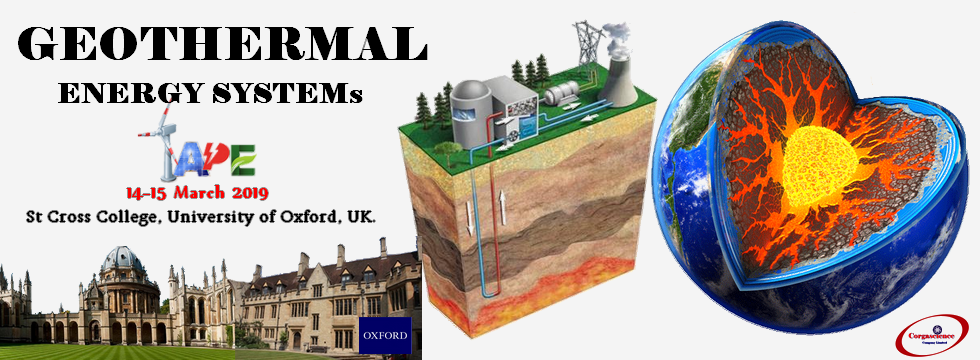

Dr. Ayman Bishara
Dr. Robert-Murjahn-Institute (RMI), Germnay
Talk Title
Ecological insulation for intelligent and energy efficient facades
Talk Abstract
The external thermal insulation composite system (ETICS), using traditional insulation materials, are widely used on energy efficient façades under hot and cold climate conditions. Furthermore, the trend towards the use of natural ecological insulation materilas is becoming increasingly important for energy saving even during the summer (summer heat protection). However, the construction in both cases should be investigated in order to provide the functionality of the system and to ensure the avoidance of moisture damage. The integration of a wireless-transponder system into building components (intelligent building materials) with built-in a relative humidity and temperature sensors (RH, T) allows for a cost-efficient and non-destructive recording of measured data regarding the current hygro-thermal conditions of a building. Even during long-term use, quality assurance of the building system can be achieved by “looking into” the component. This supports the sustainability of the building from both, a technical and an ecological point of view. In this contribution, the functionality and the comparison of different external thermal insulation composite systems (ETICS) considering the use of an innovative wireless measurement system and hygrothermal simulation tools will be presented. Five multi-story residential buildings are located in the same street in Berlin, identical in terms of general dimensions, living space, function, construction, facade and direction are being ivestigeted. They were insulated with different insulation materials (hemp, wood fibre, expanded polystyrene (EPS), and mineral wool). Moreover, the development, the functionality and the exemplary application of a Radio Frequency sensor system (RF), as well as a hygro-thermal analysis for solving the challenges of building-climatology planning tasks will be presented. Built on the measurement data of the real case study, the use of thermal insulation in buildings for energy saving has been verified and the implementation into a hygrothermal simulation tool as well as the verification of results is demonstrated. Even with the peculiarity of irregular user behaviour of the building, good accordance between measured and calculated values could be achieved. Based on the analysis and evaluation of measurement data, as well as the implementation of hygrothermal simulations, it can be concluded that the quality of the indoor climate as well as the energy efficiency of hemp and wood fiber is comparable to all other systems investigated in this case study. In addition, the measurement values of temperature and relative humidity keep save below the defined limit for normal occupancy as given in the European Standard EN ISO 13788. Hemp and wood fiber have a temperature shift of between 4 to 6 hours compared to the other systems. The presented study provides a guideline for planning of ETICS, mainly using ecological insulation materials, with particular respect to extremely climate conditions.
Short Biography
Dr.- Ing. Ayman Bishara (researcher and building-material-developer) is the head of the building physics department at Dr. Robert-Murjahn-Institut in Germany (http://www.dr-rmi.de). Before: lecturer and scientific researcher at Dresden University of Technology (Germany). Tertiary Education: Ph.D. (Dr. Ing.) in building physics and building climatology from Institute for Building Climatology, Faculty of Architecture, Dresden University of Technology, Germany, 2011, Master degree (German Diploma) in building physics and climatology from Faculty of Architecture, Dresden University of Technology, Germany, 2004, Diploma in Architecture from Tishreen University of Technology, Latakia 1998. Area of expertise: Architecture design and Energy, Preservation of historical buildings - cultural heritage, sustainable development of built environment, New materials and processes – mechanical and building physical properties, durability, damaging processes, Interaction of Building – Climate – Inhabitants, Health and comfort, energy simulation modeling. Key qualifications: Research, teaching, architectural design, building technology, energy simulation, cultural heritage. Teaching & research specialty: Sustainable planning and architecture, with particular stress on design development, building performance optimizationa.
Talk Keywords
hygrothermal analysis, ETICS, intelligent façade, construction maintenance, ultra-low power sensor system, wireless sensor node.
Target Audience
Students, Post doctoral, Industry, Doctors and professors
Speaker-intro video
TBA






